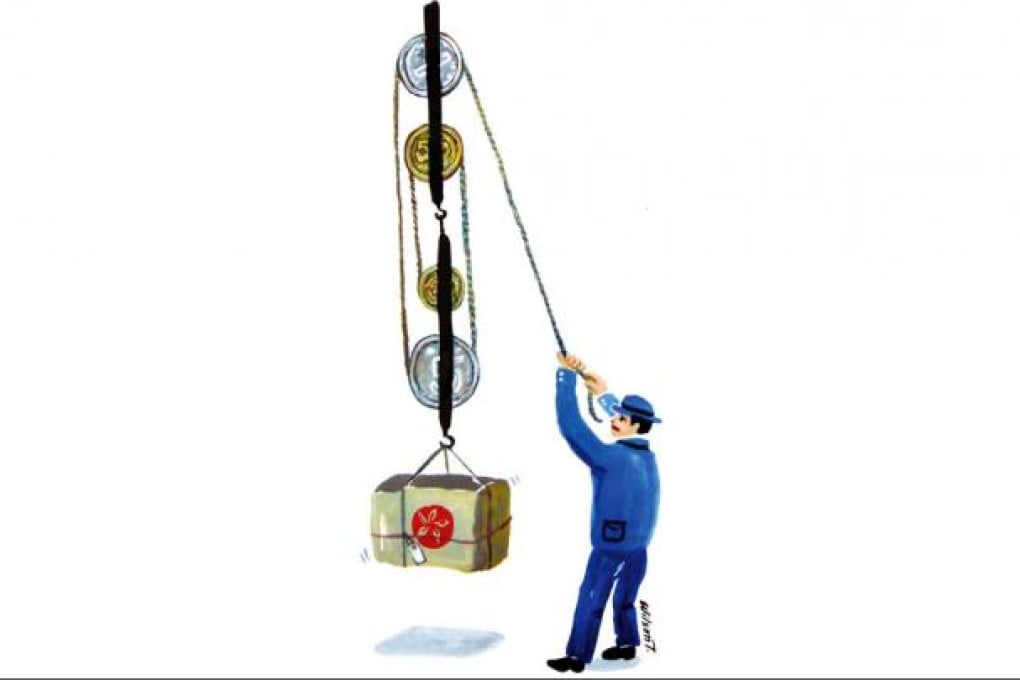Wrong time to raise minimum wage
C.K. Chow says with employers of SMEs still struggling to cope with paying a minimum wage, there is no sense in adding to their burden - by raising it - in a still-weak global economy

In the past several years, we in Hong Kong were fortunate to be spared the worst effects of the global financial crisis. Our legendary flexibility and adaptability allowed us to continue, even in the face of the worst collapse in global trade since the 1950s, to offer services to our business partners. It also helped us to continue to employ our staff, and to pay them what they deserve.
The coming year will be another difficult one, with uncertainty in Europe and elsewhere undermining confidence, curtailing demand and wreaking havoc with order books, budgetary planning and pricing. We've been through it before and survived, and we will do so again.
Therefore, it is imperative we recognise that times of great risk and uncertainty are not conducive to the introduction of new regulations or other measures that have the effect of driving up the cost of business while undermining our international competitiveness. We need to adopt the right policies, but we also need to get the timing right.
The statutory minimum wage came into effect in May last year. Since then, consumer prices have increased 2 per cent and gross domestic product by 1.2 per cent. Proposals to increase the wage rate from HK$28 an hour to HK$33, or even HK$35, would equate to pay hikes of 17.9 per cent and 25 per cent respectively. This is obviously a non-starter.
While populists may rant against big businesses, it is the hundreds of thousands of small and medium-sized enterprises which provide the jobs that keep Hong Kong strong. Large corporations can afford to absorb higher costs for rent, raw materials or labour much better than SMEs. It is the more vulnerable companies that need the support and protection.
The introduction of the wage floor has sent a financial shock through the payrolls of companies of all sizes, but the hardest hit are our SMEs. Over 90 per cent of our retail establishments employ fewer than 10 people, and in the past 18 months they have had a hard time hiring staff. We see this in the government's statistical data and from comments we receive directly from our members and the community.
In the restaurant and related industries, wages have been rising at double the rate of inflation for more than two years. Yet retail sales growth is slower than inflation, reducing profitability and threatening some of the weaker companies with closure.